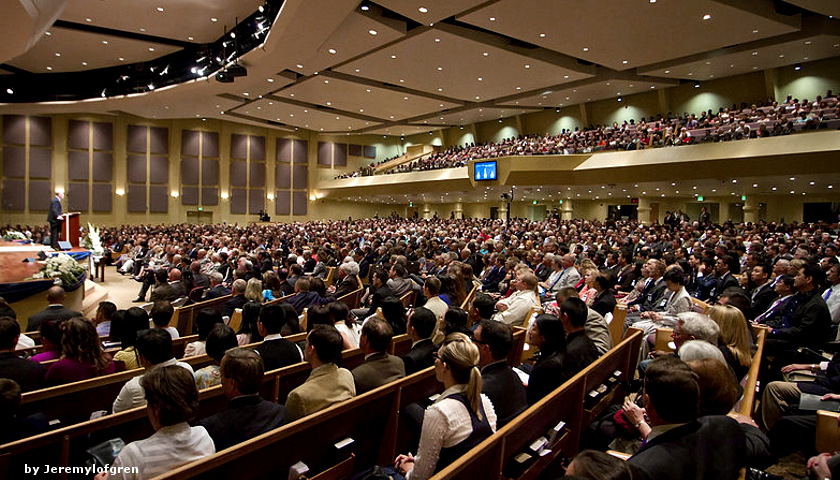by Joshua Gill
Religious affiliation actually prolong one’s life through positive social effects according to a recent study of obituaries in Iowa and across the nation.
Laura E. Wallace of Ohio State University, one of the study’s authors, found that among the social factors that affect one’s physical health and longevity, religion plays a large and observably positive role. Her findings showed that people who had active religious affiliations in life lived an average of 10 years longer than their non-religious counterparts in Des Moines, and an average of five years longer nationally.
 “Being healthy doesn’t just mean going to the gym and eating well. Our social worlds have such a large influence on our health as well. Religion is clearly one of these factors that makes a big difference,” Wallace said, according to PsyPost.
“Being healthy doesn’t just mean going to the gym and eating well. Our social worlds have such a large influence on our health as well. Religion is clearly one of these factors that makes a big difference,” Wallace said, according to PsyPost.
“Religion has a strong relationship with longevity. Our research suggests that, in part, this is due to the opportunities that religion provides to make social connections and give back to the community,” she added.
Researchers for the study, which was initially published in Social Psychological and Personality Science, analyzed 505 obituaries from the Des Moines Register and a further 1,096 obituaries from across the country. The parameters of the study, however, presented some drawbacks, according to Wallace.
“Any single paper can only do so many things so, of course,” Wallace said. “In particular, we think that there are many pathways through which religion can influence health that we were not able to capture with obituaries.”
Wallace highlighted prayer and meditation as religious practices that may have positive effects on human health.
“For example, religions often promote stress-reducing practices through meditation or prayer, which has been associated with improved health. Understanding additional reasons that religion can influence health is an important question for future research,” she said.
– – –
Joshua Gill is a reporter at Daily Caller News Foundation. Follow Joshua on Twitter.





